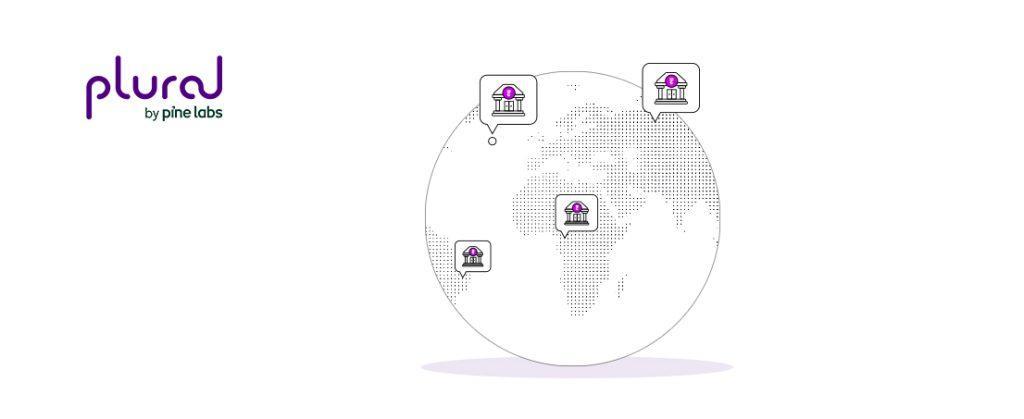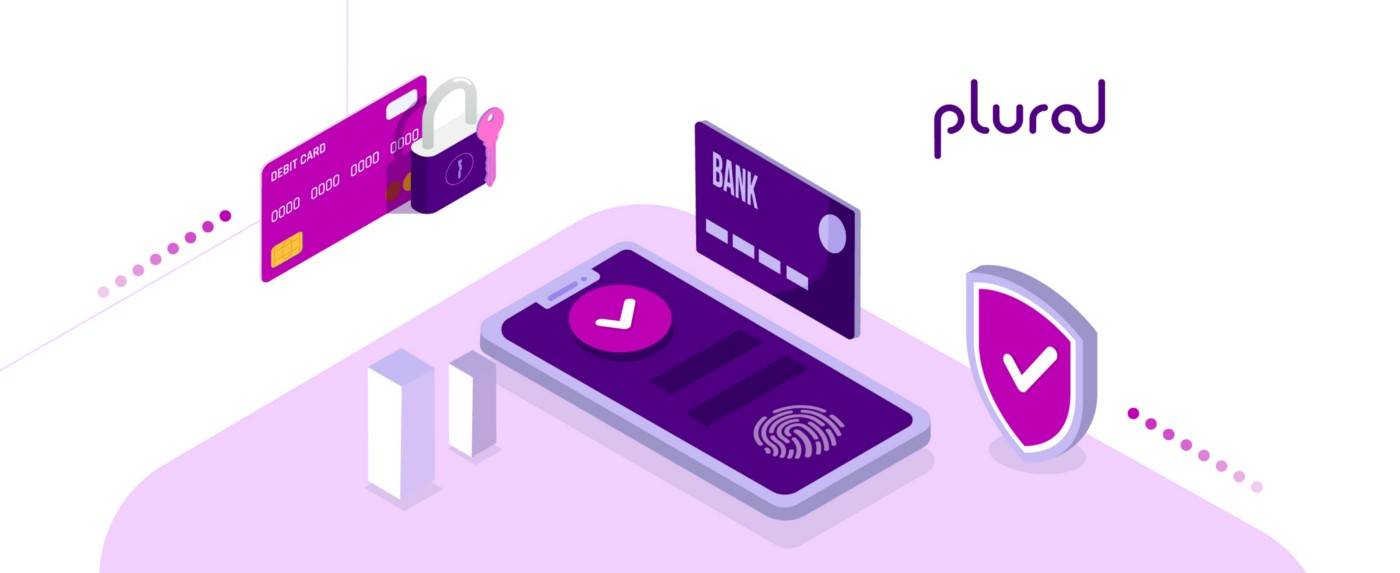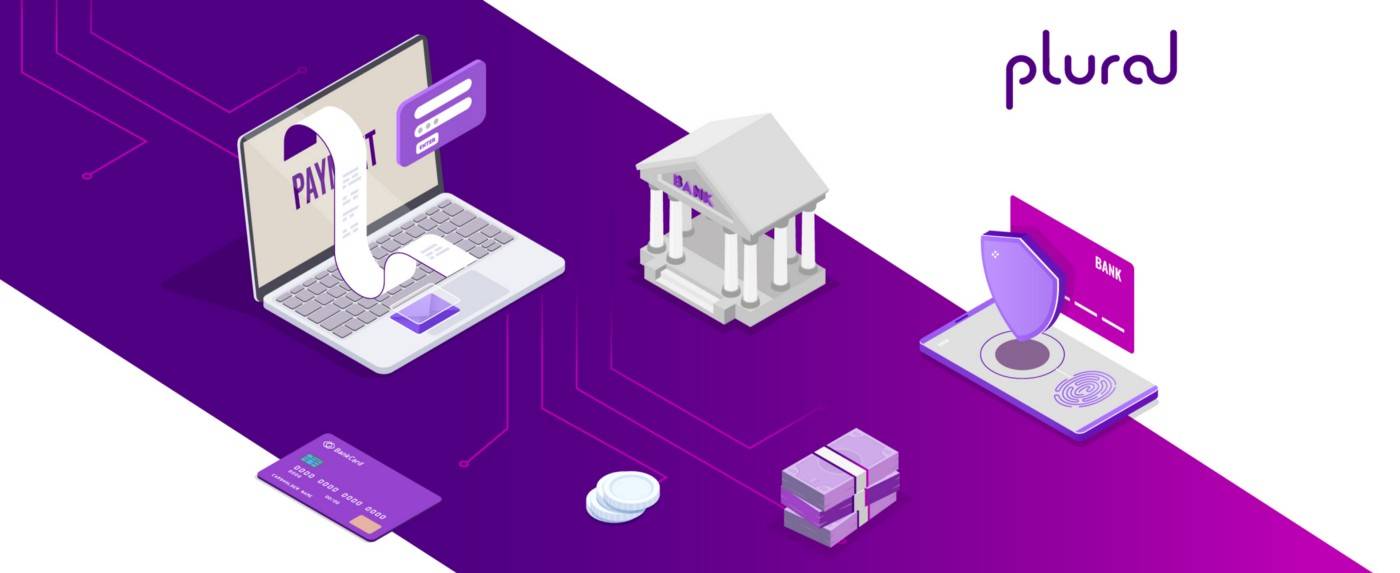Since the 19th century, wire transfers have revolutionised the way money moves. Picture this: someone carrying a bundle of cash to a telegram station, where an operator sends a coded message across the wires to another station, authorising a payment to the recipient. Wire transfers truly lived up to their name. Of course, this service wasn’t free—the operators charged a fee for each transaction, monetising the movement of funds.
Over time the technology for such transfers has evolved. Today, banks, financial services companies, and fintech offer wire transfers due to the rise in demand from consumers and businesses.
In this blog, we delve into how modern wire transfers work, key challenges, and the upgrades in technology that enable businesses to carry out safe, secure, and instant transactions.
What are wire transfers?
It is the process by which funds are transferred electronically, with growing relevance for businesses, especially as they increase their digital footprint.
Today, transfers are facilitated by banks, financial services companies, non-banking financial companies (NBFC), and fintechs. Unlike traditional methods such as writing a cheque, this process is considered a secure and speedier way to transfer funds.
Businesses can send two types of wire transfers:
Domestic wire transfers
This transaction comprises funds moving from one bank to another within the same country. Businesses typically use them when wiring larger sums of money, whether to fund a purchase or shift funds from one bank account to another. The usual time required for the transfer is one working day.
International wire transfers
This is a process by which funds can be transferred from one country to another via the Society for Worldwide Interbank Financial Telecom (SWIFT) network. International transfers usually take between one to five working days. The time frame for completion of the transfer also depends upon the type of service one uses. For instance, some banks take longer than others to facilitate wire transfers.
Snapshot of a wire transfer cycle
Here’s a look at the workflow of a wire transfer:
Say, Company A in India is purchasing raw materials from a vendor (Company B) overseas and needs to send an advance payment.
- Many banks enable online wire transfers via the Internet or mobile banking. Company A can initiate the wire transfer online if this is the case. They must input the recipients’ details, such as name, bank account number, and the transfer value.
- If one’s bank does not offer this facility, Company A must visit their bank and leave instructions to transfer funds to Company B’s bank. Company A’s bank sends fund transfer instructions to Company B’s bank overseas to receive the funds. They need to share the recipients’ details, such as name, bank account number, and the value to be transferred.
- The funds are debited from Company A’s bank account and credited to Company B’s bank account.
- It would typically take 24 to 48 hours for the transaction to be complete. At times, it can take up to five days.
Company A will need to factor in wire transfer fees and check the exchange rate before transferring.
Key concerns with wire transfers for businesses
There are several limitations when it comes to using such transfers as the primary fund transfer platform for businesses, as follows:
Fees
A fee is attached to sending and receiving wire transfers, which varies based on bank charges. The fee is higher for international wire transfers, and there is a GST (Goods and service tax) of 18% levied on incoming and outgoing wire transfers, which increases the charges. As businesses scale, they will need to make more wire transfers, which is an additional cost.
The time-frame
In an era where instant payments have become the norm, wire transfers still take one to five days to process. This creates a disadvantage for businesses, which may need to fulfil urgent supply chains and other needs via financial transactions.
Security concerns
There is a growing incidence of cybercrime today, which makes the secure transfer of funds a concern for businesses. All banks do not have the capabilities to protect wire transfers from data breaches and other cyber crimes, as digital transformation has not been a uniform process. Hence, businesses seek secure digital systems that prioritise security.
Investment of time and effort
Many banks still require businesses to physically visit the local branch and then put in a request for wire transfers. They may need to fill out of physical form with the correct details. Once the wire transfer goes through, the business will need to follow up with the recipient to confirm if the funds have been received at their end.
These various steps take up a significant amount of time. As the need to conduct more wire transfers rises, the investment of time and effort can slow down business operations. If incorrect details are shared, this can lead to further delays.
Conclusion
In 2022, the global money transfer market was valued at $26.5 billion. This value is expected to grow at a compound annual growth rate of 12.58% to reach a valuation of $110.8 billion by 2032.
The usage of wire transfers comes with certain disadvantages that can slow down business processes. Today, companies seek faster, more secure methods to transfer funding across domestic and international markets. They also look for strategies to reduce the physical time and effort invested in executing wire transfers.
Hence, businesses seek alternative, innovative solutions to meet their money transfer needs.
Plural offers a wide range of payment solutions to enable businesses to meet a range of needs, including money transfers of a higher value to both domestic and international recipients. Plural’s payment solutions include:
- Secure and instant cross-border payments, which typically cost less than wire transfers.
- Instant vendor payments, salaries to employees, and refunds to customers.
- State-of-the-art payment gateways help businesses collect payments from various customers and channels.
- Scheduled for multiple payouts, making bulk payments, and automating the entire cycle.
Contact us to learn more about what Plural can do for your business.
Plural by Pine Labs has received an in-principle authorisation from the Reserve Bank of India (RBI) to operate as a Payment Aggregator.

Amrita Konaiagari is a Marketing Manager at Plural by Pine Labs and Editor of the Plural blog. She has over 10 years of marketing experience across Media & Tech industries and holds a Master’s degree in Communication and Journalism. She has a passion for home décor and is most definitely a dog person.



